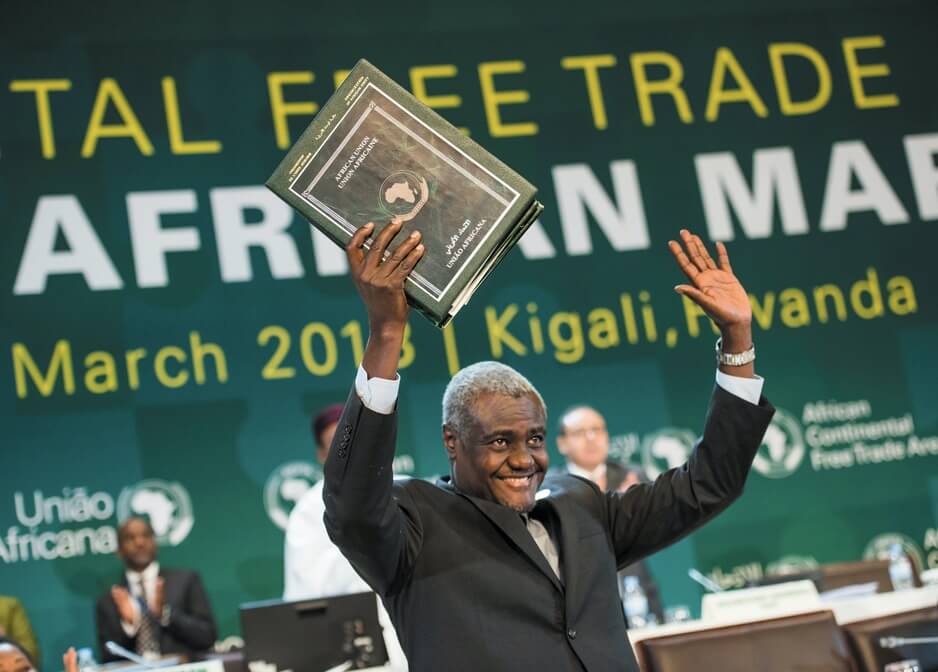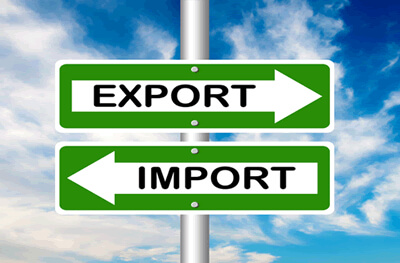The Acting Chief Trade Negotiator/Director General, Nigerian Office for Trade Negotiations, Mr. Victor Liman, has said that the African Continental Free Trade Agreement (AfCFTA) is now expected to commence from January 1, 2021.Speaking on Nigeria’s Channels Television programme on Thursday, Liman said that the AfCFTA, which was earlier scheduled to kick-off on July 1, 2020, was postponed due to the ravaging impact of COVID-19 pandemic on Africa. The Continental trade agreement entered its operational phase on July 7, 2019, following the ratification by 54 of all the 55 African countries. Liman disclosed that the Extraordinary Africa Union Summits scheduled to hold in South Africa on May 30, 2020 has been postponed to December 5, 2020. According to Liman, the summit is aimed at encouraging trade negotiators to complete their bargaining on tariff reductions, rules of origin and other necessary regulations and that the new date will also give sufficient time for trade ministers and their experts to finalise negotiations and prepare adequately for the Summits. The agreement for the largest regional market in the world was organised by the African Union and signed on by 44 of its 55 member states in Kigali, Rwanda on March 21, 2018. Source: Journal du Cameroun
Nigerian official confirms new date for AfCFTA’s take-off
Posted on: May 12, 2020
Posted on: May 12, 2020





















